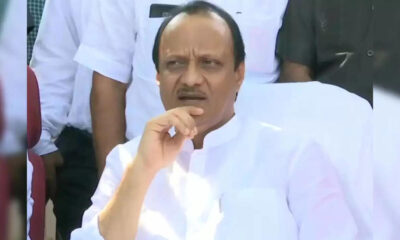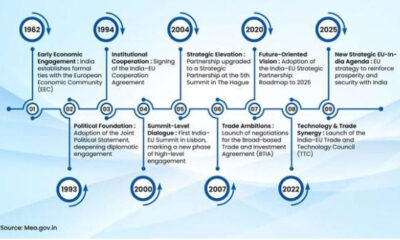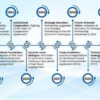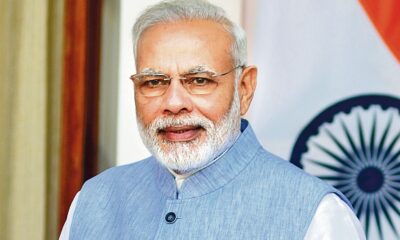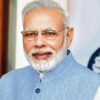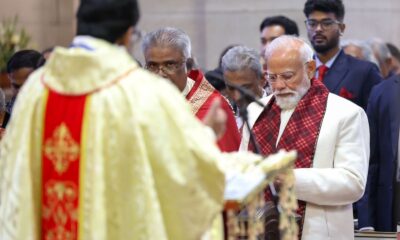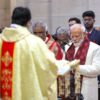Amit Shah Sparks Language Debate: ‘English Speakers Will Soon Feel Ashamed’
Union Home Minister Amit Shah has reignited the national language debate with a provocative statement asserting that those who speak English in India will soon feel ashamed. Speaking at a book launch, Shah emphasised that native Indian languages are integral to the country’s cultural and civilisational identity, and should take precedence over foreign tongues.
“In this country, those who speak English will soon feel ashamed — the creation of such a society is not far away,” Shah declared. “I believe that the languages of our country are the jewels of our culture. Without our languages, we cease to be truly Indian.”
The Home Minister called for a renewed movement to restore pride in Indian languages, warning that continued reliance on English undermines India’s unique heritage and promotes a colonial mindset. “To understand our country, our culture, our history, and our religion, no foreign language can suffice. The idea of a complete India cannot be imagined through half-baked foreign languages,” he said.
He further argued that English would increasingly be viewed globally as a symbol of colonial slavery, and forecast that India would soon lead the world by embracing its linguistic roots. “Once again, with self-respect, we will run our country in our own languages and lead the world too,” Shah added.
Language Row and Accusations of ‘Hindi Imposition’
Shah’s remarks come amid an ongoing language row, particularly surrounding the implementation of the National Education Policy (NEP) and the controversial three-language formula. Critics, especially from southern and opposition-ruled states, have accused the Centre of covertly attempting to impose Hindi.
Tamil Nadu has been one of the most vocal critics, claiming that the NEP is being used as a vehicle to push Hindi, rather than to enhance educational standards. The Dravida Munnetra Kazhagam (DMK) and other regional parties argue that the Centre’s approach threatens linguistic diversity and federal values.
West Bengal, another opposition-ruled state, has also raised objections to what it perceives as a centralising linguistic agenda.
Earlier this year, Amit Shah sought to ease tensions by announcing that from December 2024, the Ministry of Home Affairs would start communicating with states in their respective native languages rather than defaulting to Hindi or English.
Despite this assurance, the Home Minister’s latest comments have reignited fears of cultural homogenisation. Opposition leaders have accused the BJP of promoting a unilingual identity at the cost of India’s linguistic plurality.
The debate underscores the deep and often emotional connections Indians have with their regional languages, and the complexities involved in crafting a language policy that balances national unity with regional diversity.
IT.













